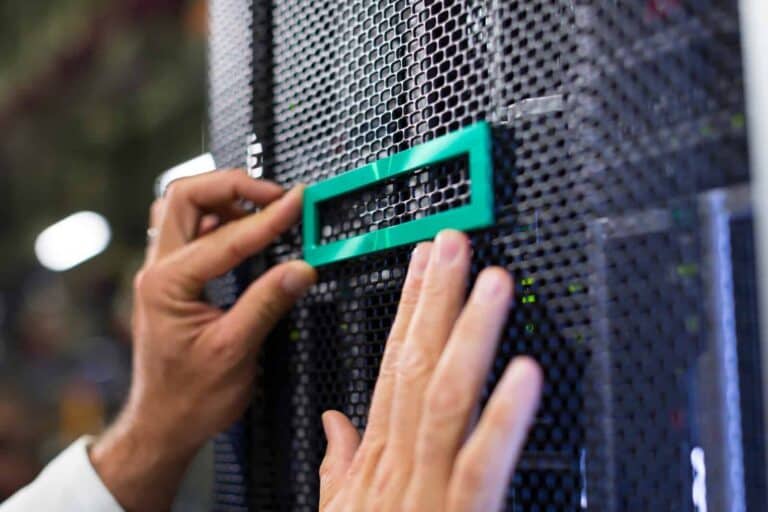Elliott Investment Management has acquired a stake worth more than 1.5 billion dollars in Hewlett Packard Enterprise (HPE). The investor is now one of the top five shareholders and wants to engage in talks with the company to create more value. This usually means divesting, reforming and reorganizing divisions. For HPE, this means additional challenges in a market that wasn’t easy already.
Bloomberg reports that activist investor Elliott Investment Management has built up a stake worth over 1.5 billion dollars in HPE. This is one of the first major activist campaigns since President Trump’s recent tariffs. Elliott wants to talk to HPE about increasing the company’s value, but the exact plans are not yet known.
HPE’s shares have fallen by approximately 33 percent this year, giving the company a market value of roughly 19 billion dollars. Both Elliott and HPE declined to comment on the investment.
Activist investor with a reputation
Elliott Management has a solid reputation for investing in technology companies. The firm has previously brought about changes at companies such as Commvault, Salesforce, SAP, and Citrix.
At Citrix Systems, Elliott’s involvement led to a privatisation in a deal worth 13 billion dollars with Vista Equity Partners in 2022. In early 2023, it became known that the investor had taken a billion-dollar stake in Salesforce, after which the investor wanted to appoint board members to exert more influence. Salesforce pulled out all the stops to get Elliot out quickly and avoid a major battle. In the end, Salesforce convinced the investor of a new growth strategy, and the matter ended without incident. At SAP, a new CEO was appointed within six months of the announcement of Elliott’s position.
The investor also had long-term interests in Dell, one of HPE’s biggest competitors. Since Dell returned to the stock market in 2018, its shares have risen by almost 300 percent, while HPE has lagged behind in the same period.
Also read: Salesforce settles with activist shareholder, does peace return?
Challenges for HPE
HPE is currently facing several challenges. In March, the company announced that profits this year would be considerably lower than analysts had predicted. HPE is struggling with tariffs, weak margins on server sales and implementation problems. The company also announced that it would cut approximately 3,000 jobs.
Woo Jin Ho, an analyst at Bloomberg Intelligence, stated at the time that the company’s actions point to “inefficiencies”. A Deutsche Bank analyst described the first quarter results as “disappointing”.
At the same time, the market for AI-based hardware is becoming increasingly competitive. Although artificial intelligence has created a high demand for servers and network equipment, HPE has not been able to profit from this trend as much as competitors such as Dell Technologies.
The tariffs that Trump has announced and then temporarily paused also have the necessary effects on HPE. Ultimately, most of the company’s turnover still consists of server hardware. If those tariffs return, it will be bad news for HPE. Finally, HPE had been eager to finalise the acquisition of Juniper, but the acquisition is far from smooth.
The Juniper acquisition in jeopardy?
An important factor in HPE’s strategy is the announcement in early 2024 of the acquisition of Juniper Networks for 14 billion dollars. This acquisition would considerably strengthen HPE’s position in the network market, but it is currently on hold after the US Department of Justice filed a lawsuit to block the deal due to competition concerns.
The combination of HPE and Juniper could become a serious challenger to market leader Cisco, but critics fear reduced competition in the WLAN market. As previously discussed in an analysis, HPE Aruba and Juniper complement each other perfectly in terms of portfolio, which could actually lead to more competition.
Future prospects under pressure from Elliott
The question now is what exactly Elliott intends to do with HPE. Given the activist shareholder’s track record, we can expect pressure on management to cut costs, eliminate more jobs, and sharpen the strategy.
It is also very likely that Elliott will insist on the divestment of less profitable divisions. Or possibly, Elliott wants HPE to do everything possible to allow the Juniper acquisition to go ahead despite the legal obstacles. CEO Antonio Neri, who has led HPE for the past seven years, can at least prepare for critical discussions with the new major shareholder.
